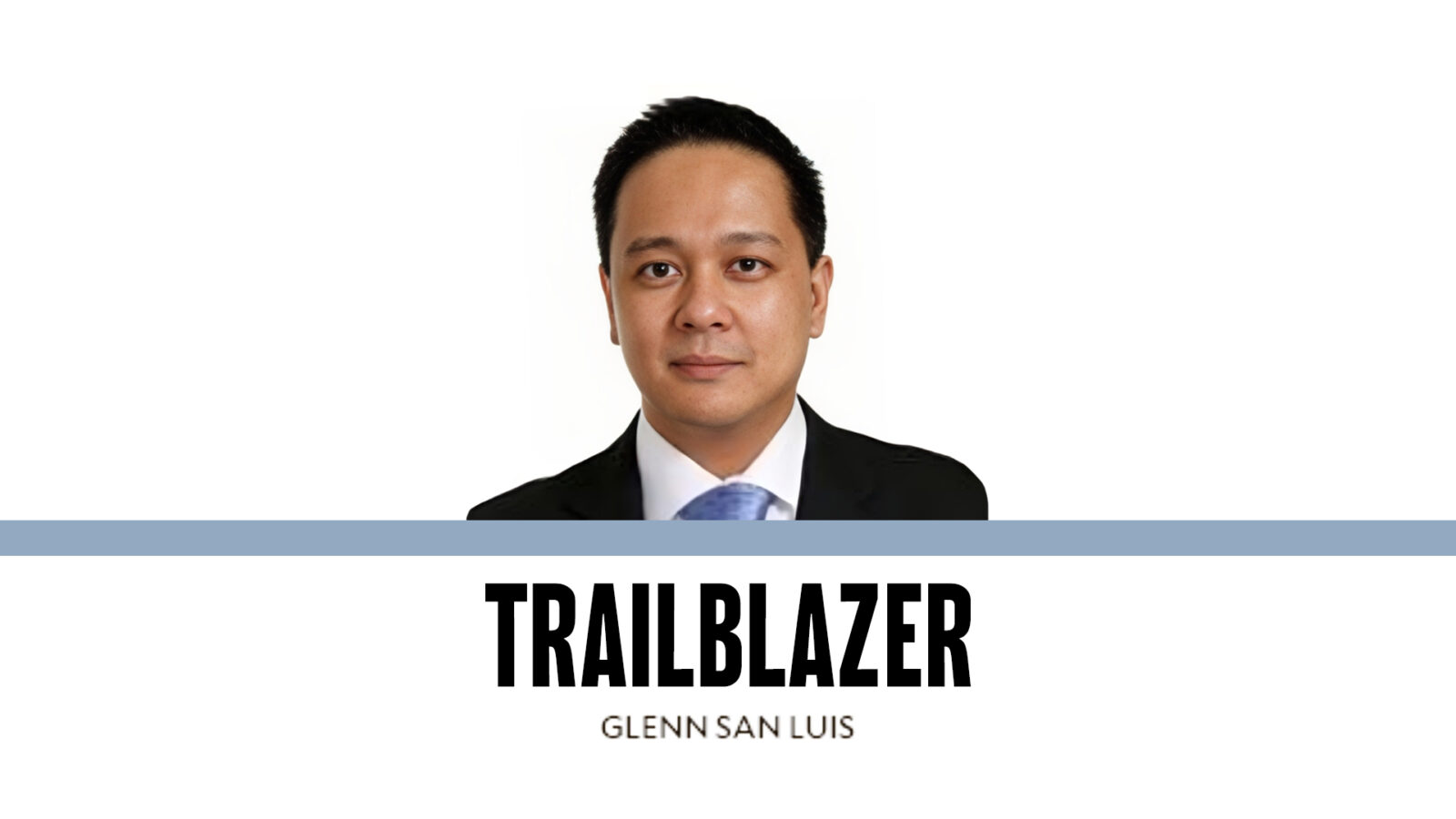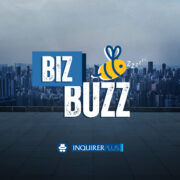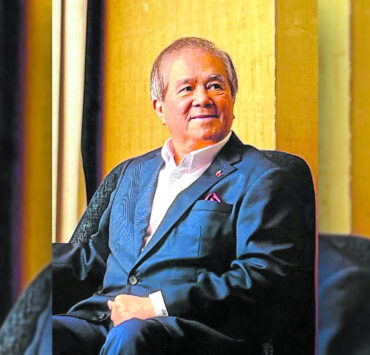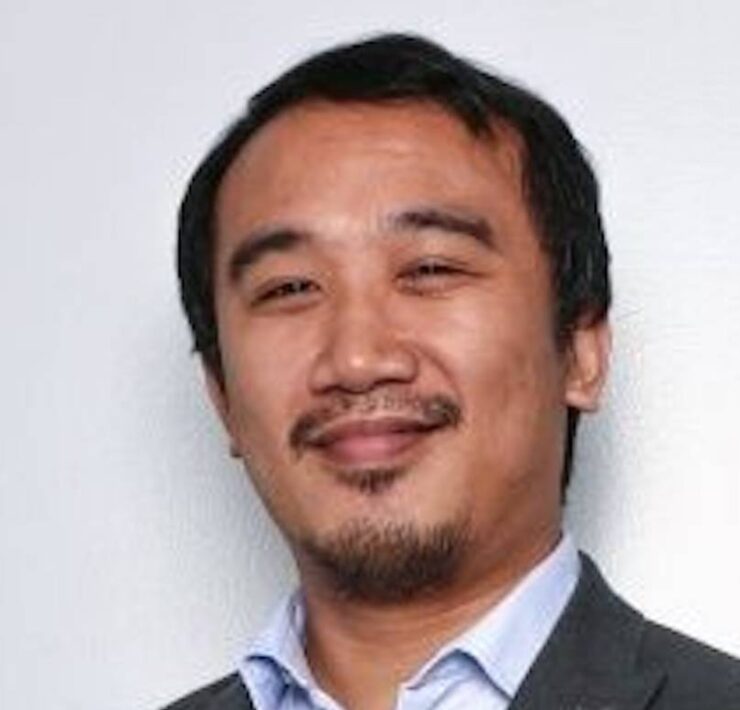Creativity and innovation in the age of AI

When we consider creative endeavors, is artificial intelligence (AI) a friend or foe? Some fear that AI can limit or worse, replace people’s creativity.
We asked Roq Cleo, our resource person on creativity and innovation, about how we should regard the human act of creativity and innovation, in the age of AI. His thoughts and reflections follow.
Picture this: An AI workshop in early 2023. I’m standing in a room packed with bright-eyed young professionals and entrepreneurs hungry for success but all have that little flicker of worry in their eyes. And honestly, who could blame them? AI was the elephant in the room.
As someone who has spent two decades diving into creativity and innovation, I totally understood their concerns. They were staring down the barrel of AI, wondering, “Is my job next? Is my purpose next?” It’s a scary thought, right? But here’s the thing: Fear doesn’t build anything. It just paralyzes you. So, I decided to flip the script.
Let’s be real: AI isn’t going anywhere
According to Accenture, AI can boost productivity by up to 40 percent. That’s huge! It’s a whiz at spotting patterns, crunching numbers, and let’s face it, doing all the boring stuff we hate.
But here’s the kicker: AI has zero soul. No gut feeling, no emotional connection, no spark. And that’s where we humans come in.
Facing the feels: It’s okay to be scared
We all get those “robot takeover” jitters, right? In the forthcoming workshop, we address the raw emotions: anxiety, insecurity and job worries. By sharing our own fears about automation, we create a safe space where everyone feels seen and heard. Acknowledging these fears validates them, allowing us to address them constructively. We transform anxiety into shared understanding: Even with AI, human connection is key.
Hold up: AI isn’t perfect
AI isn’t some flawless, magical fix-all. There is a cautionary tale about a major corporation that, in its rush to embrace AI, overlooked crucial ethical and privacy considerations. The result: A public relations disaster and a massive blow to their reputation.
This story was a stark reminder that innovation without a strong ethical compass is a recipe for disaster. We can’t blindly trust technology. We have to ask the tough questions: “Should we do this?” not just “Can we do this?” Integrating AI requires more than technical know-how; it demands a deep understanding of its societal impact.
AI as your sidekick
Now, let’s talk about some seriously inspiring wins. Take Canva, for instance. This design platform has handed everyone a set of AI-powered features. Suddenly, people who never had graphic design experience are creating stunning visuals effortlessly.
AI didn’t replace the need for creative thought. It amplified human creativity and made design accessible to millions. This is what I mean when I say AI isn’t a threat. It can be our ultimate sidekick, a tool that empowers us to achieve things we never thought possible.
The future of collaboration
Next, we will dive into a “Done in 60 Minutes” brainstorming session. We take AI-generated insights and blend them with the raw, unfiltered creativity of the participants. The results are mind-blowing ideas.
This exercise proves that when humans and AI collaborate, rather than compete, they become an unstoppable dream team capable of pushing the boundaries of what’s possible.
The result is a shift in perspective. It isn’t about humans versus machines; it’s about recognizing that the true power lies in collaboration. When you combine the analytical strength of AI with the creative spark of humans, that’s where the real magic happens.
Cleo will facilitate a workshop titled Creativity and Innovative Thinking: Creating User-focused Solutions to Address Changing Needs on June 20 in Makati, organized by Inquirer Academy.
This workshop can also be customized specifically to the needs of your organization. For more information, write to ask@inquireracademy.com, or send an SMS to 0919 342 8667 and 0998 964 1731.
For your other learning needs, Inquirer Academy could assist you in designing and facilitating a workshop, a webinar, or a self-paced online course for your organization.
The author is the executive director of Inquirer Academy.





















